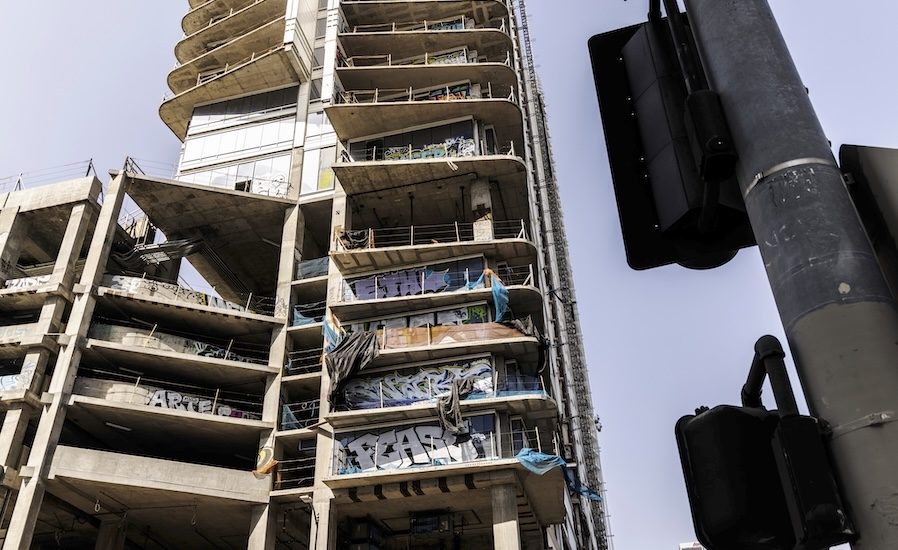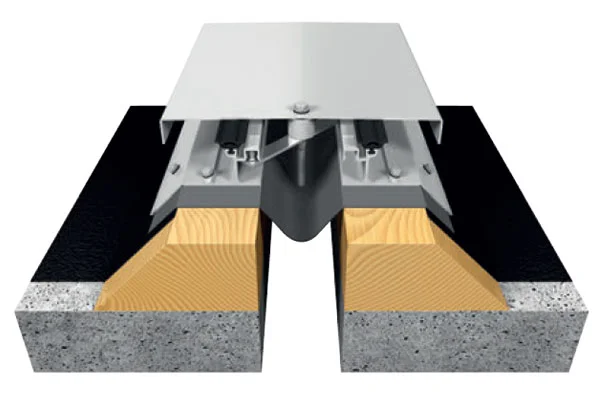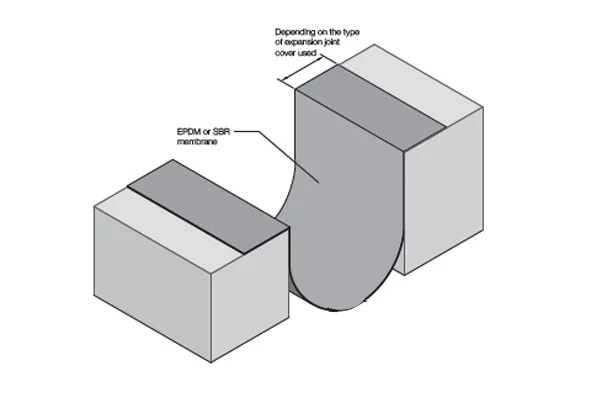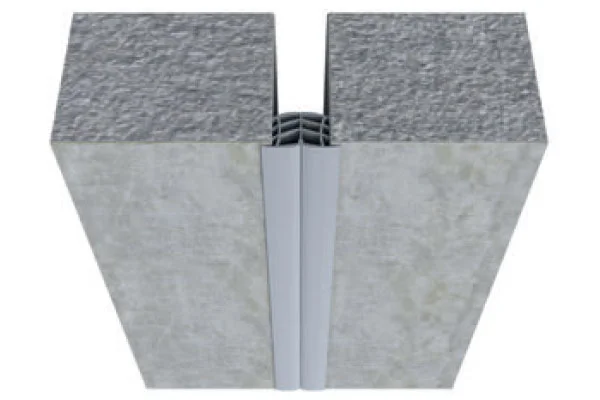
Six years after a bankrupt developer stranded its partly finished residential-retail complex in Los Angeles, construction manager Lendlease faces a possible state court order this month to pay more than $20 million for attorneys’ fees and court costs sought by the project’s main lender.
Lendlease was construction manager on Oceanwide Plaza, a $1.2-billion triple-towered multiuse project that occupies a key downtown site. The firm settled subcontractor liens following the bankruptcy, but the project contractor says the Beijing-based developer, Oceanwide Holdings, which ran out of money in 2021, still owes it millions more.
To collect, Lendlease made a prolonged challenge in state court claiming it should be first in line for any funds or assets recovered from Oceanside Holdings—ahead of the project’s lender, L.A. Downtown Investment LP, which provided a $184-million loan to the developer.
In bankruptcies, being first in line to collect from a bankrupt company is often hotly contested, as second in line may not result in any money recovery.
The case involving priority for the developer’s assets is not being decided in bankruptcy court, however. Instead, there was a separate state civil lawsuit by the project’s key concrete work subcontractor, Webcor Builders, against Lendlease, Oceanwide Holdings and L.A. Downtown Investment. in state court. Lendlease’s challenge to the lender’s priorities for assets added months of legal evidence production and 14 days of trial to an already long, multi-stage litigation.
But the attempt is likely to cost Lendlease additional millions.
State court Judge William F. Highberger decided the matter in February, noting that Lendlease was on the line for court costs and possible additional damages to the lender. But he has not yet issued final orders on court costs, according to the case docket.
Through a spokeswoman, Lendlease declines to comment on the matter, citing the continuing litigation. Representatives of L.A. Downtown and Webcor also declined to comment. But during the summer, L.A. Downtown lead attorney, Eric V. Rowen, a partner in Greenberg Traurig, submitted volumes of information about hourly fees, co-counsel payments and expert witnesses,
According to one filing, Greenberg Traurig charged both L.A. Downtown and Chicago Title Insurance, which secured the deed of trust for the loan, $13.9 million each for law firm services from 2019 to the present. Added in were costs for services of expert witnesses who testified on real estate practices, delay damage theory and property valuation.
Based in Australia, Lendlease is a powerhouse real estate and construction company that . more than a year ago announced it was exiting the North American market and selling the assets.
It is not clear if Lendlease losses on the Oceanwide Plaza project played a role in its planned departure.
Oceanwide Holdings had another planned tower in San Francisco at the time that the developer went bust, leaving an excavation and foundation in the middle of the city.
The Los Angeles structure became a media story last year when graffiti artists tagged much of the exterior.
Lendlease attorneys from the firm of Perkins Coie made several arguments intended to also gain priority over Oceanwide Holdings assets last year.
Claims Rejected By Judge
But with his February decision, Judge Highberger ruled that L.A. Downtown’s lien against the property was superior to Lendlease’s. He also said that Lendlease had breached its indemnity agreement with insurer Chicago Title, and the covenant of good faith and fair dealing it contained, by failing to readily put the mechanic’s liens behind the lender’s claims on the property.
California lien laws place considerable emphasis on timing. If a project loan agreement is executed before substantial work is contracted for and begun, the lender’s claims in a bankruptcy will take priority over the mechanics’ liens.
The legal philosophy is often expressed as “first in time, first in right.“
Lendlease attorneys argued that L.A. Downtown’s loan rights were secondary to those of its client for several reasons.The project contractor argued that L.A. Downtown had a duty to monitor the construction draws and that the lender failed to remove one of its own employees from the project soon enough. Lendlease also argued that in some respects L.A. Downtown was not technically providing a construction loan.
Highberger rejected these arguments and added that Lendlease failed to make timely notice of the project’s troubled turns under Oceanwide Holdings.
Final attorneys’ fees and other costs and damages that Lendlease faces have yet to be determined, Highberger wrote in February, but his final ruling is likely to be issued soon.








